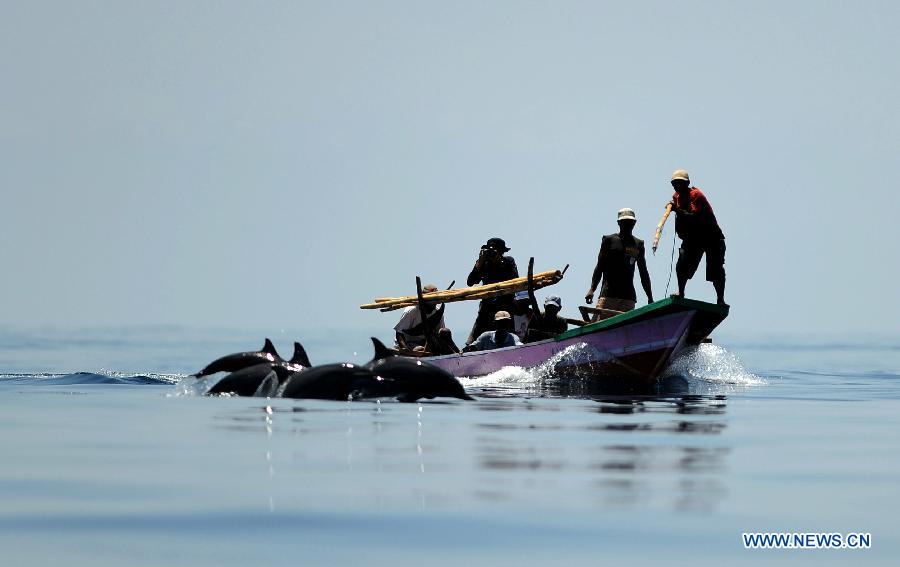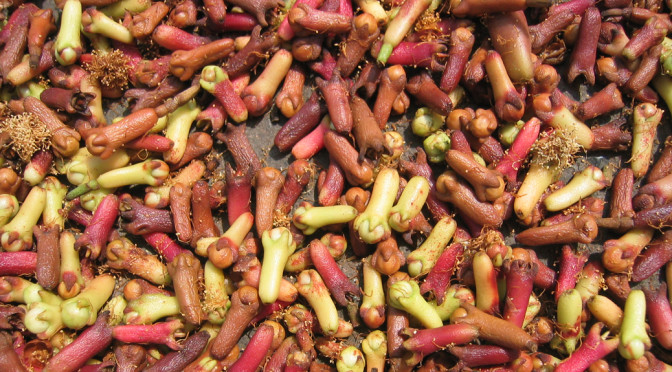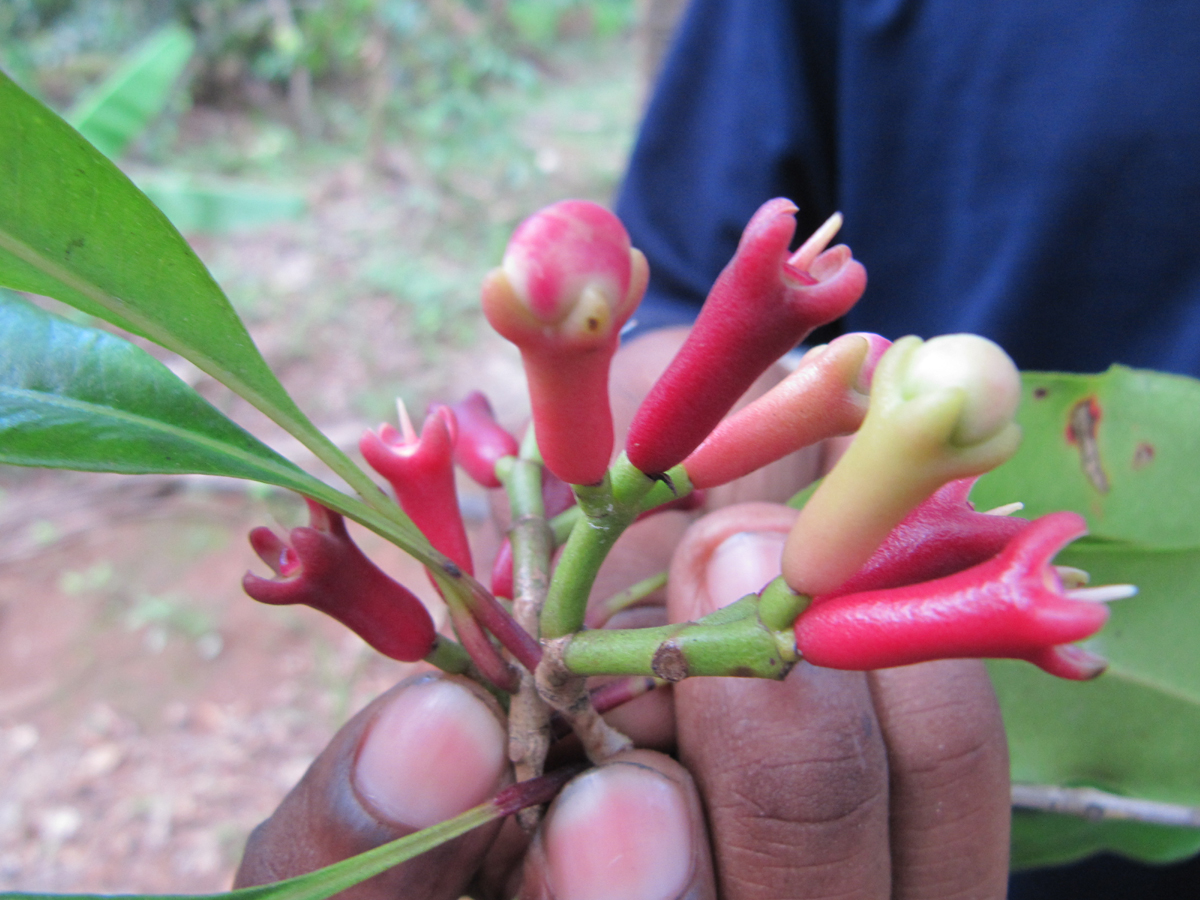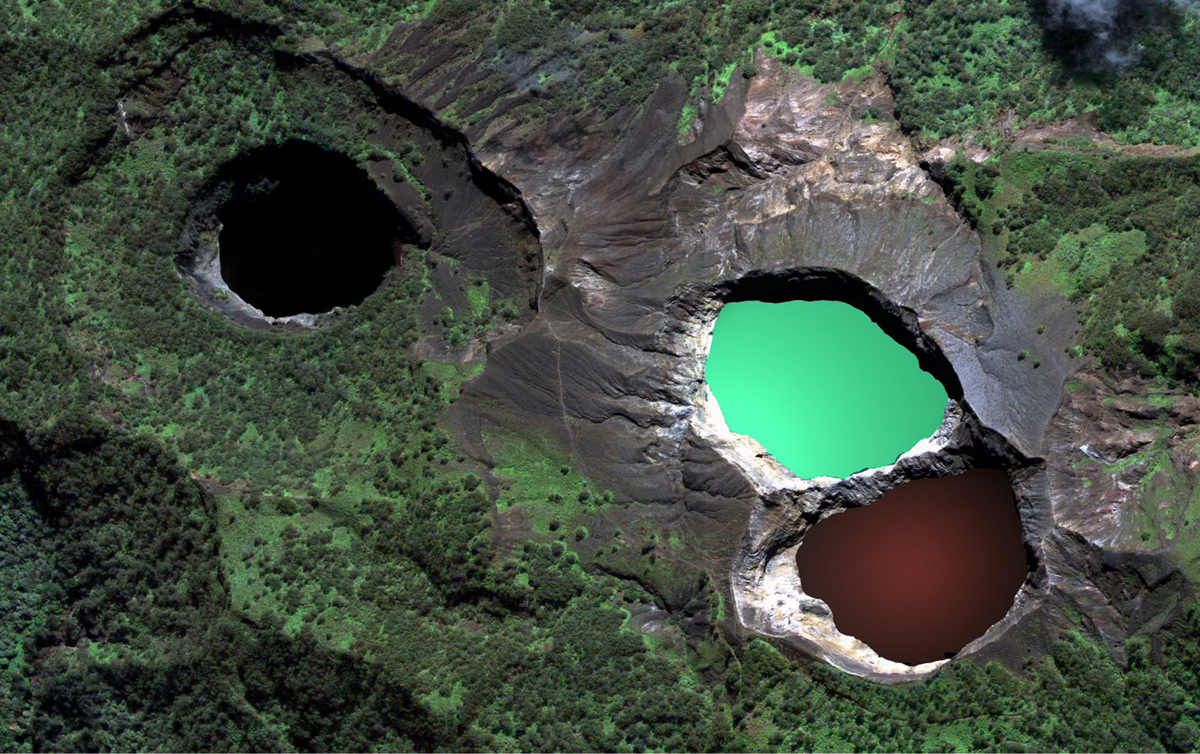…at one point I turned off down a coral path and tipped out on to dunes which were covered in giant clam shells. There were hundreds of them, some more than a metre across, all grinning toothily up at the sky, each filled with grey water, slowly evaporating down to a crackly sand. Salt production, Savu-style. I stuck my finger into one of the shells, expecting the flaky sweetness of Maldon sea salt. The solution was viscous, almost oily, bitter on the tongue.
The beach swept around in a long, powdery arc. There was not a soul around, only vague reminders of human life. An outrigger canoe lay on its side in the brush. Beside a tumbledown shelter of palm fronds, a fallen tree trunk. The only sound was a tiny rippling of waves. It was a pleasure to be still in this shimmering place. I sat down on the tree trunk to read.
‘I’m sorry, I’m going to have to chop that up.’ I leapt up and found myself faced with a muscled torso, dark, shiny with sweat. Above it a thick beard, a mouth of blackened teeth, reddish eyes, wild curls crinkling slightly grey at the temples. The man was swinging an axe.
We stared at one another. Then he smiled. ‘Come, meet my wife,’ and he called her out of the tumbledown shelter next to which I sat.
The man was a fisherman, but during the west monsoon, when the sea was rough, he and his wife turned to cooking salt. He needed the tree I was sitting on to feed into the fire that smouldered under an oil-drum of seawater, boiling it down into pure white salt.
Elizabeth Pisani; Indonesia, Etc.








